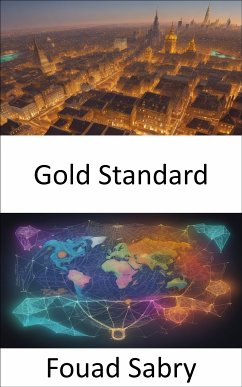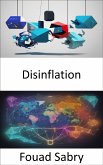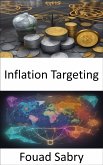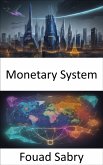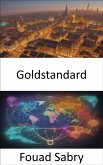An example of a monetary system that adheres to the gold standard is one in which the standard economic unit of account is determined by a predetermined amount of gold. From the 1870s until the early 1920s, and from the late 1920s until 1932, as well as from 1944 until 1971, when the United States unilaterally terminated convertibility of the United States dollar to gold, effectively ending the Bretton Woods system, the gold standard served as the foundation for the international monetary system. Notwithstanding this, a few of states possess significant gold reserves.
How you will benefit
(I) Insights, and validations about the following topics:
Chapter 1: Gold standard
Chapter 2: Currency
Chapter 3: Euro
Chapter 4: Deflation
Chapter 5: Specie Payment Resumption Act
Chapter 6: Reserve currency
Chapter 7: Monetary policy
Chapter 8: Bimetallism
Chapter 9: Bretton Woods system
Chapter 10: Indian rupee
Chapter 11: European Monetary System
Chapter 12: History of the United States dollar
Chapter 13: Silver standard
Chapter 14: Nixon shock
Chapter 15: Barry Eichengreen
Chapter 16: Money
Chapter 17: Snake in the tunnel
Chapter 18: A Monetary History of the United States
Chapter 19: United States dollar
Chapter 20: Fiat money
Chapter 21: History of monetary policy in the United States
(II) Answering the public top questions about gold standard.
(III) Real world examples for the usage of gold standard in many fields.
Who this book is for
Professionals, undergraduate and graduate students, enthusiasts, hobbyists, and those who want to go beyond basic knowledge or information for any kind of Gold Standard.
Dieser Download kann aus rechtlichen Gründen nur mit Rechnungsadresse in A, B, BG, CY, CZ, D, DK, EW, E, FIN, F, GR, H, IRL, I, LT, L, LR, M, NL, PL, P, R, S, SLO, SK ausgeliefert werden.

